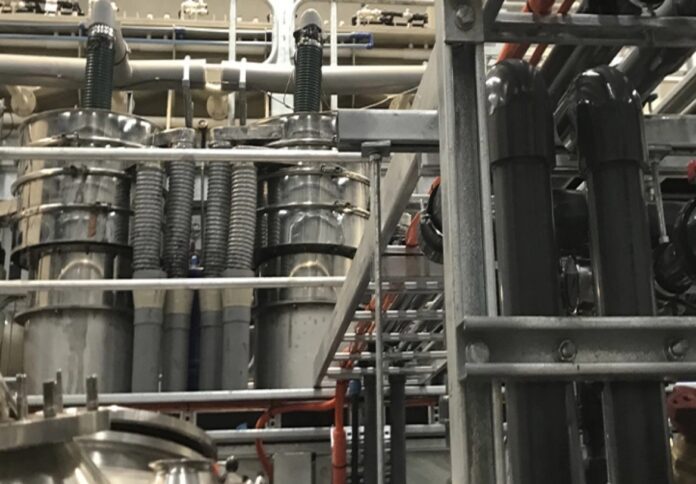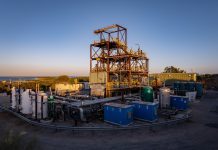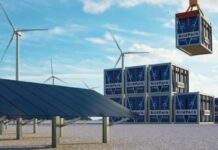
First Graphene, a leader in advanced materials, has secured significant funding for a collaborative research project with Swansea University aimed at exploring the market potential of its innovative Kainos Technology.
The grant, valued at approximately AU$192,152, was awarded through the Analysis for Innovators (A4i) Round 12, Stage 2 funding, facilitated by Innovate UK.
This funding program specifically supports businesses leveraging expertise from top UK research facilities to overcome technical barriers and push new technologies toward market readiness.
The six-month project is also intended to deepen the understanding of First Graphene’s Kainos Technology, which has the capability to produce high-quality, battery-grade synthetic graphite and pristine graphene from petroleum feedstock using a scalable hydrodynamic cavitation manufacturing process.
This process has also demonstrated the potential to generate green hydrogen as a by-product, adding to its appeal in the pursuit of sustainable energy solutions.
“As global demand for battery-grade graphite and graphene increases, so does the need to find and secure strong supplies of these raw materials,” said Michael Bell, managing director and CEO of First Graphene.
“First Graphene’s Kainos Technology shows real potential as a scalable way to manufacture synthetic graphite and graphene, offering a commercial alternative to mining.”
The ASX-listed company said the current project will focus on controlled experimentation and analysis to further refine the hydrodynamic cavitation process.
This research will support the development of modeling techniques at Swansea University, which will be crucial for scaling up the Kainos Technology in collaboration with the energy industry.
“The grant received through the A4I funding competition, via Innovate UK, will greatly support the team of researchers investigating the process behind our hydrodynamic cavitation technology,” Bell added.
“I look forward to providing further updates as we advance commercialisation of our Kainos Technology to deliver the materials needed to power global decarbonisation and electrification,” he concluded.
This collaborative project builds on First Graphene’s recent signing of a binding Memorandum of Understanding (MOU) with Abu Dhabi-based EMDAD Group.
The MOU outlines plans to develop a proposal for funding a small-scale hydrodynamic cavitation reactor using Kainos Technology.
This initiative could lead to the commissioning of this technology in the oil industry, enabling the conversion of petroleum feedstock into battery-grade graphite, graphene, and hydrogen.




















